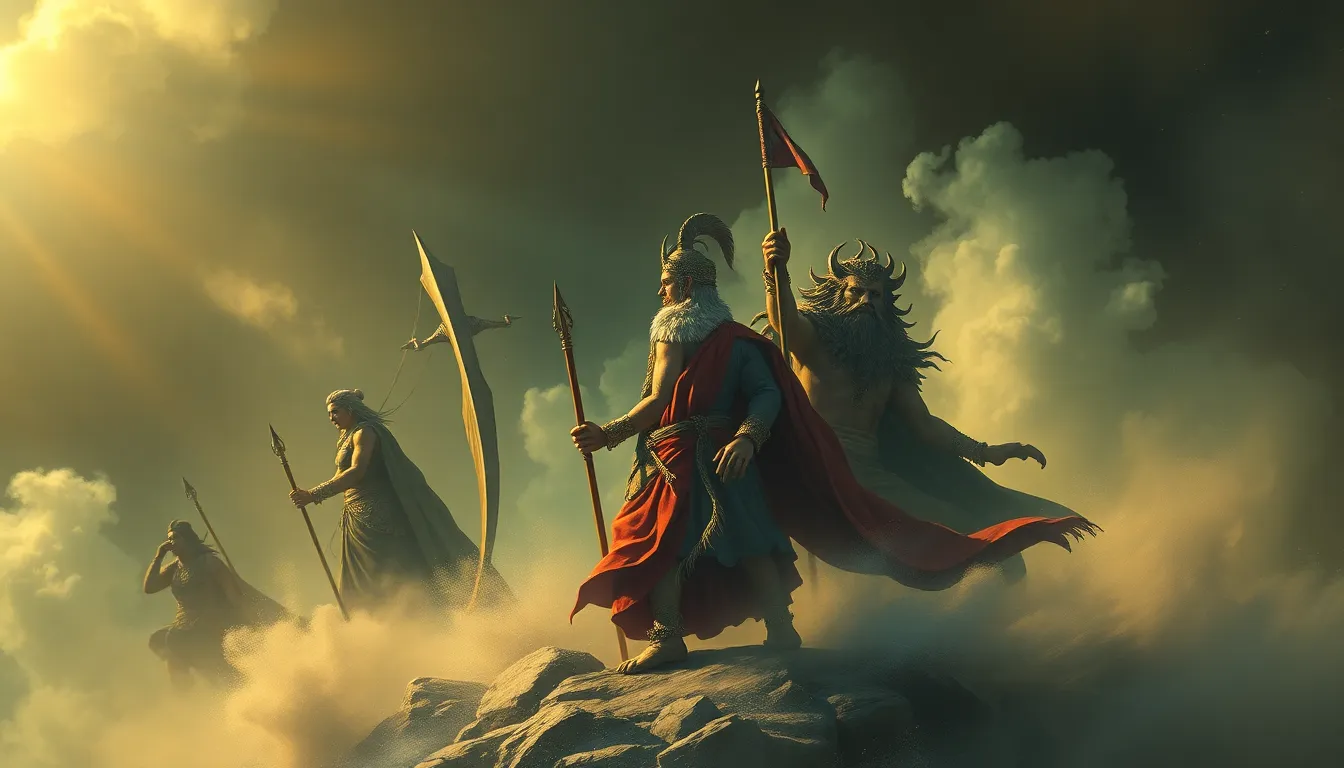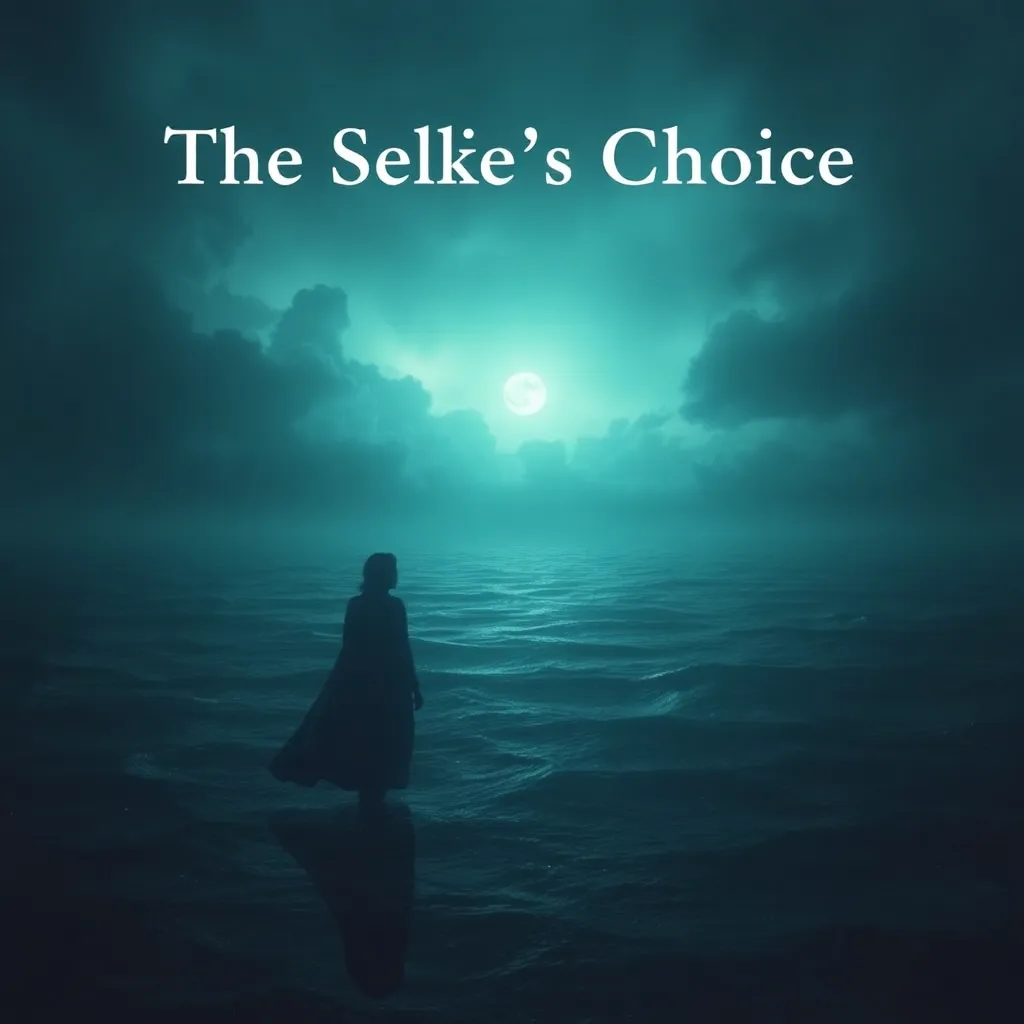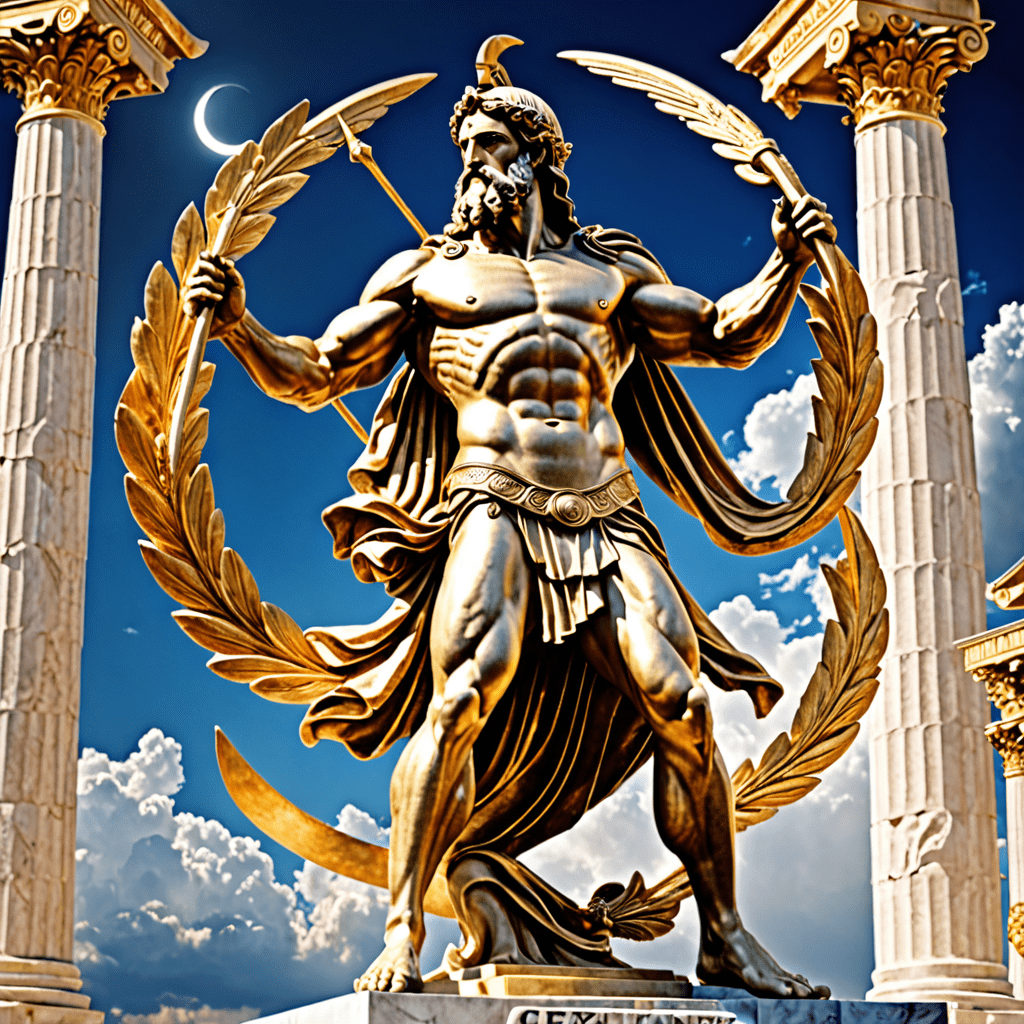Cultural Hero Myths: The Stories That Bring Us Together
Introduction to Cultural Hero Myths
Cultural hero myths are narrative frameworks that encapsulate the values, beliefs, and aspirations of a society through the stories of extraordinary individuals. These myths serve as a lens through which cultures interpret their past, navigate their present, and envision their future.
Storytelling has been an intrinsic part of human society, acting as a vital tool for education, preservation of history, and cultural transmission. Myths, particularly those surrounding heroes, play a crucial role in shaping cultural identities by providing relatable figures who embody the ideals and challenges faced by their communities.
The Role of Myths in Human History
Throughout history, hero myths have emerged in various forms across diverse civilizations. From the epic tales of ancient Greece to the legends of Mesopotamia, these narratives have served as a reflection of the cultural values and societal structures of their time.
- Hercules: A quintessential Greek hero known for his strength and heroic feats, Hercules represents the struggle against adversity.
- Gilgamesh: The Sumerian king whose epic explores themes of friendship, mortality, and the quest for wisdom.
These stories transitioned from oral traditions, where they were passed down through generations, to written narratives that allowed for broader dissemination and preservation of cultural heritage.
Common Themes in Hero Myths
Hero myths often explore universal themes that resonate with audiences across cultures. Key themes include:
- Sacrifice: Heroes frequently face challenges that require personal sacrifice for the greater good.
- Bravery: The courage to confront fears and adversaries is a defining trait of heroes.
- Resilience: Many myths highlight the ability of heroes to recover from setbacks and continue their journeys.
The archetype of the hero has evolved over time, with varying characteristics that reflect the changing values of societies. Despite these differences, the core themes remain relevant and impactful across different cultures.
Cultural Differences in Hero Myths
Hero myths vary significantly between cultures, particularly when comparing Western and Eastern narratives. A case study of two prominent heroes illustrates these differences:
- Beowulf: A hero of Anglo-Saxon literature, Beowulf exemplifies the values of loyalty, strength, and honor in the face of monstrous threats.
- Sun Wukong: The Monkey King from Chinese folklore, Sun Wukong represents cleverness, mischief, and the quest for enlightenment.
Geography and societal values greatly influence these narratives, shaping how heroes are perceived and the lessons they impart to their respective cultures.
Modern Adaptations and Reinterpretations
In contemporary media, hero myths are frequently reinterpreted and adapted to resonate with modern audiences. Films, books, and video games often draw inspiration from traditional hero narratives, infusing them with contemporary themes and issues.
The impact of globalization has also allowed for the dissemination of hero myths across cultures, creating a rich tapestry of shared stories. Notable modern heroes, such as superheroes from comic books, embody mythological roots while addressing current societal challenges.
The Psychological Impact of Hero Myths
Hero myths serve a significant role in both personal and collective psychology. They provide models of behavior, offering inspiration and motivation to individuals in their own lives. The concept of the hero’s journey, as outlined by Joseph Campbell, continues to resonate today, serving as a framework for personal growth and transformation.
Cultural Hero Myths and Social Cohesion
Myths foster a sense of community and belonging, as shared narratives create common ground among individuals. These collective stories help to forge cultural identity and solidarity, often uniting communities across divides. Examples of unifying myths include:
- The stories of national heroes that inspire patriotism.
- Folktales that convey moral lessons, reinforcing social values.
Critiques and Controversies Surrounding Hero Myths
Despite their positive aspects, hero myths can also have problematic elements. Some narratives glorify violence or perpetuate stereotypes. Additionally, the portrayal of heroes can often be limited by factors such as gender, race, and class, leading to a narrow representation of what it means to be a hero.
There is a growing need for more inclusive and diverse representations of heroes, reflecting the multifaceted nature of human experiences.
The Future of Cultural Hero Myths
As society evolves, so too will hero myths. Predictions suggest that these narratives will continue to adapt to changing values and technological advancements. Social media and digital storytelling are reshaping how myths are created and shared, allowing for more immediate and interactive engagement.
While it is important to preserve traditional myths, there is also a need to create new narratives that reflect contemporary issues and experiences.
Conclusion: The Enduring Power of Hero Myths
In conclusion, cultural hero myths hold enduring significance in shaping our societies and identities. They connect us through shared stories that resonate with our values, aspirations, and struggles. As we navigate an ever-changing world, the exploration and reinterpretation of these myths will continue to foster understanding, unity, and resilience among diverse communities.



